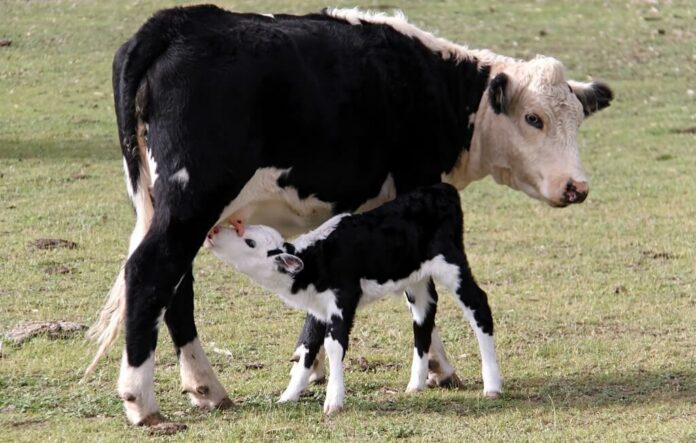It is crucial that your young calves receive sufficient nutrients feed from their mothers. Calves who cannot get enough milk from their cows may fail to grow properly or suffer from health problems as a result of a lack of nutrients. As a cow owner, it is your job to ensure your cow gets enough to eat so that she can produce adequate milk for her calf. Here are tips on how to feed them:
Average lactating cow
The average lactating cow produces a normal amount of milk, approximately 20 liters of milk per day. The average cow will produce enough milk to care for her calf adequately but it will need to receive enough feed to do so. It is recommended that a lactating cow with average milk production be given either free access or a high-quality pasture or a diet that consists of 11 kg of grass daily. Alternate daily feed programs include giving your cow 30 kilograms of silage in addition to 0.4 kilograms of a protein supplement or providing 15 kilograms of scorn silage. Corn silage is used to provide nutrition for cows when quality hay is not available.
The heavily lactating cow
It is recommended that when feeding your heavily lactating cow, which produces more milk than your average cow, a more nutritious diet than the average cow. You can give your heavily lactating cow free access to a high-quality pasture or 13 kilograms of grass-legume hay every day. If your cow needs additional weight or is not holding its body condition the way you want it to, you can supplement with several pounds of livestock grain if desired. If hay is not available you can either feed 27 kilograms of corn silage in addition to a 1.1 kilograms of protein supplement.
Creep feeding
Creep feeding is the process of giving the calf additional grain to supplement his nutrition. Once your calf is 90 days old, it will require additional nutrition other than what is provided by his mother’s milk. The best option is to turn both your cow and the calf loose on a high-quality pasture and allow them to graze as desired. If this is not possible, you should provide your calf with no more than 0.6 kilograms of grain each day.
Vitamins and mineral feed
Pregnant and nursing cows often struggle with mineral deficiencies. This is as a result of an unbalanced diet or a lack of vitamin and mineral supplements. You need to provide your cows with a vitamin supplement. In addition, mineral mixture should be added to the daily to feed ration.
With these tips, the feeding process of your lactating cow with be beneficial in the long run.







